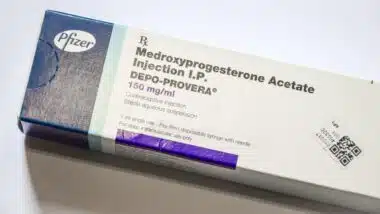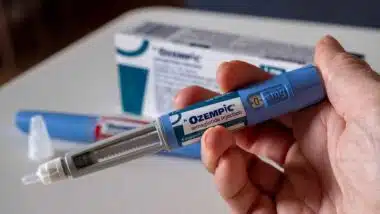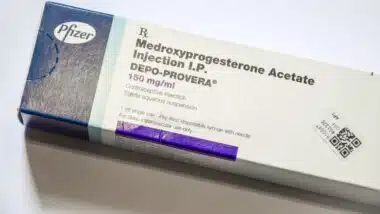Aldactone Side Effects May Cause Stevens Johnson Syndrome
By Amanda Antell
 Medical experts are concerned that Pfizer Inc.’s popular potassium-retention drug Aldactone has joined the growing list of potential Stevens Johnson Syndrome (SJS) triggers.
Medical experts are concerned that Pfizer Inc.’s popular potassium-retention drug Aldactone has joined the growing list of potential Stevens Johnson Syndrome (SJS) triggers.
Aldactone (spironolactone) is an aldosterone receptor inhibitor that causes the kidneys to remove water and sodium from the body. It is used to treat high blood pressure and to reduce the risk of heart, liver or kidney complications. Aldactone was first approved in October 1985 by the U.S. Food & Drug Administration (FDA).
Aldactone is used to prevent organs from swelling due to conditions like congestive heart failure by removing excess fluid and improving symptoms such as respiratory difficulty. This medication is also used to treat low potassium levels and a condition in which the body produces too much of a natural chemical called aldosterone. Ideally, Aldactone prevents the patient’s body from becoming overloaded with salt and water, and helps the kidneys regulate the salt and fluid levels in the body, while retaining potassium.
Overview of Stevens Johnson Syndrome
StevensJohnson Syndrome is extreme allergic skin reaction that is triggered by different medications. While it is currently unknown why only some patients develop SJS, most medical experts believe it has to do with medical history and whether or not the medications are being used in conjunction with other medications. There are approximately 300 cases of Stevens Johnson Syndrome diagnosed in the United States each year. SJS is more commonly found in adults than children.
Stevens Johnson Syndrome is rare, but because it can be fatal if not caught early, it is important for patients to recognize the symptoms. Typically, if SJS were to occur, it would occur within the first two weeks of starting in the medication, and would first appear as flu-like symptoms such as fever, coughing and chills.
After the initial flu-like symptoms, small reddish or purplish blisters appear on various parts of skin. If left untreated, the condition can evolve into Toxic Epidermal Necrolysis (TEN), which could result in death. TEN can cover up to 90 percent of the patient’s body in blisters, while standard SJS typically only covers up to 30 percent. It can also leave permanent scarring and permanently damage the patient’s eyesight.
File a Stevens Johnson Syndrome Injury Lawsuit Today
If you believe that you or a loved one have been the victim of a Stevens Johnson Syndrome injury, you have legal options. Please visit the Stevens Johnson Syndrome (SJS) & Toxic Epidermal Necrolysis (TEN) Class Action Lawsuit Investigation. There, you can submit your claim for a free legal review and if it qualifies for legal action, a seasoned Stevens Johnson Syndrome lawyer will contact you for a free, no-obligation consultation. You will be guided through the litigation process at no out-of-pocket expenses or hidden fees. The SJS lawyers working this investigation do not get paid until you do.
All medical device, dangerous drug and medical class action and lawsuit news updates are listed in the Drug and Medical Device section of Top Class Actions.
Top Class Actions Legal Statement















3 thoughts onAldactone Side Effects May Cause Stevens Johnson Syndrome
This article is just an individually filed lawsuit, not a class action. In order to join an investigation in hopes of starting a class action, then you will want to check out our investigation page for more information on how to sign up! The page may be viewed here: http://topclassactions.com/lawsuits/lawsuit-investigations/2203-stevens-johnson-sjs-toxic-epidermal-necrolysis-ten-class-action-lawsuit-investigation/
01/30/2014 I took spironolactone 25 mg and magnesium, now I have shortness of breath, heart irregular , mass thyroid, upper bank pain, all blood text are normal but multi nodule non toxic goiter can I file the lawsuit
we make males have large boobs